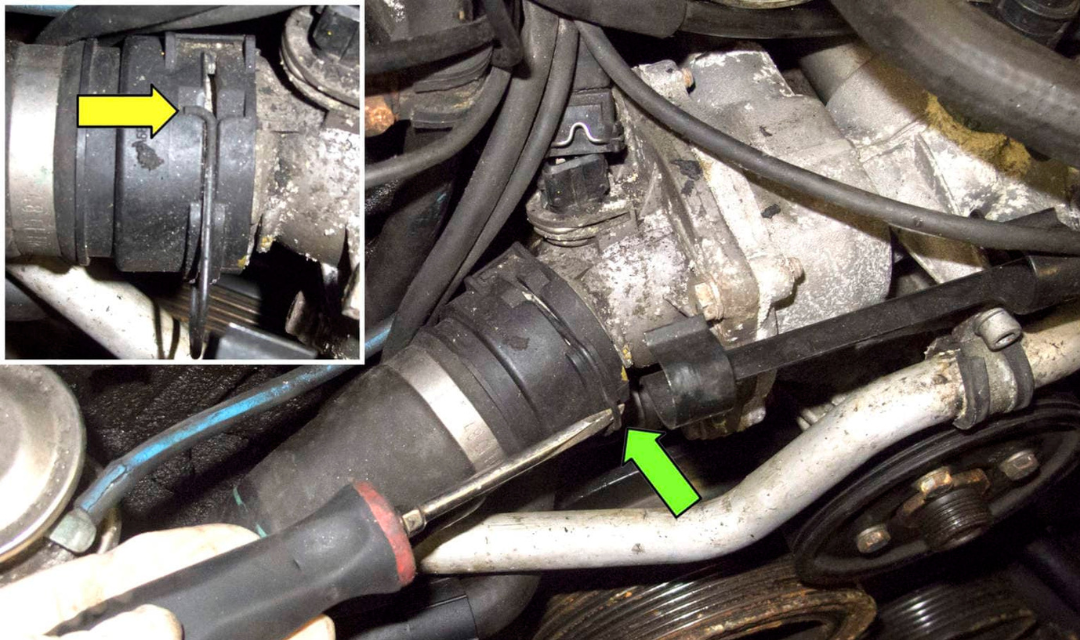If you’ve ever been unsure about the condition of your transmission, there are several signs that you should look out for. Fortunately, most transmission problems aren’t that difficult to diagnose. Learn how to spot these signs and when to take your car to a mechanic. Listed below are the three most common transmission problems and how to fix them. These symptoms can be easily recognized, and you can then get the problem fixed before it becomes worse.
Symptoms
Generally, most car owners can tell when something isn’t working. In case your transmission is wearing out, you should consider having it replaced. Listed below are some of the symptoms you should be aware of and when they should be addressed. Listen carefully for unusual noises from the transmission. They could be clunking, whining, or buzzing. Also, you may notice a strange smell coming from your car.
Transmission problems are more common during the colder months because your car has to work overtime to warm up during those months. The most effective way to diagnose a transmission problem is to have a professional check your transmission. When it’s working properly, your car will stay in the selected gear or shift to a higher or lower gear as you shift. If you notice any of these symptoms, it’s time to bring your car to a mechanic for diagnosis.
Signs
One of the earliest warning signs that you may have a transmission issue is if your car’s Check Engine light comes on. Although this light can be caused by many different problems, it is an important sign that you should not ignore. Leaving it on for too long can make the problem worse and affect your vehicle’s handling, safety, and longevity. Here are some warning signs that you may have a transmission problem.
Different transmissions have different sounds and sensations. When any one of them is making an unusual noise, you should consider it a red flag and have it checked by a transmission specialist in your local area. Whether the noise is a knocking noise, a squealing noise, or something else, transmission problems are easily diagnosed and should be addressed immediately. A transmission problem is often very costly, so getting it fixed early is important.
Symptoms of a transmission problem
Symptoms of a transmission problem include unusual sounds coming from the engine and the transmission. Most drivers are familiar with the sound of their vehicle’s soundtrack, so these unusual sounds could indicate transmission problems. Other warning signs include clunking, metallic whines, and burning smells. Getting your vehicle serviced can help prevent more serious problems. Here are a few symptoms of transmission problems you should be aware of.
Another sign of a transmission problem is hesitation in shifting gears. Automatic transmissions can exhibit this problem when you shift gears. You will notice a delay when changing gears, while manual transmissions will show a disconnect between the engine RPM and the vehicle’s speed. This lack of response is called transmission slipping. If these symptoms occur, it’s time to schedule a transmission service.
When to see a mechanic if you have a transmission problem
Transmissions are complicated systems that typically need professional diagnostics. However, you can save money by learning about common symptoms of transmission failure and how to spot them before a major repair. If you notice any of these signs in your vehicle, you should make an appointment with a mechanic. If you don’t recognize these signs, you might need to replace the entire transmission, which is a costly repair.
Another common indicator of a transmission problem is a malfunctioning check engine light. Depending on what’s causing the light, it may not necessarily be a transmission problem. Check engine light issues are caused by a variety of problems, including fuel-related problems. Checking this light is a good first step to take. If the problem persists, take your vehicle to a transmission specialist.


